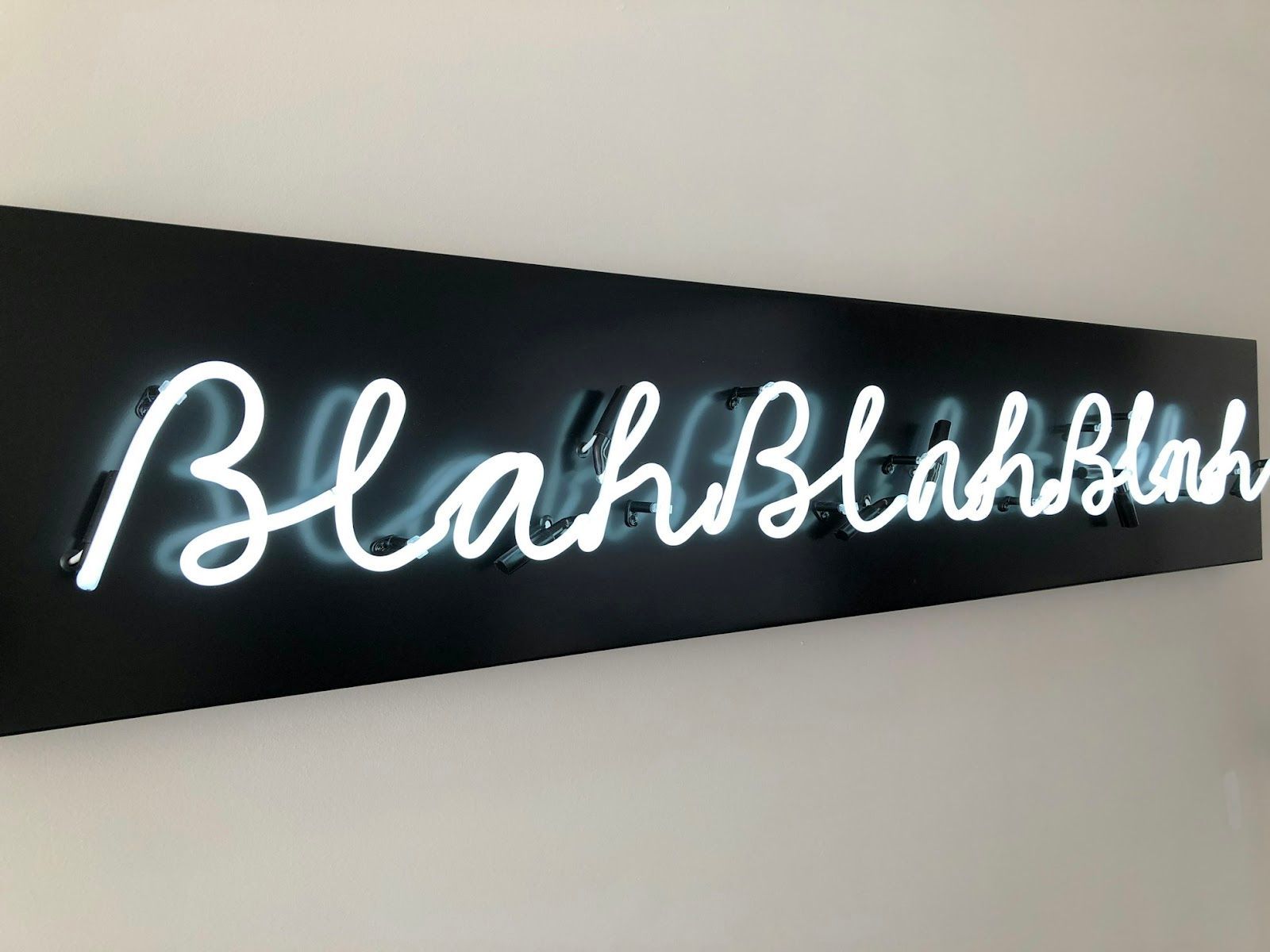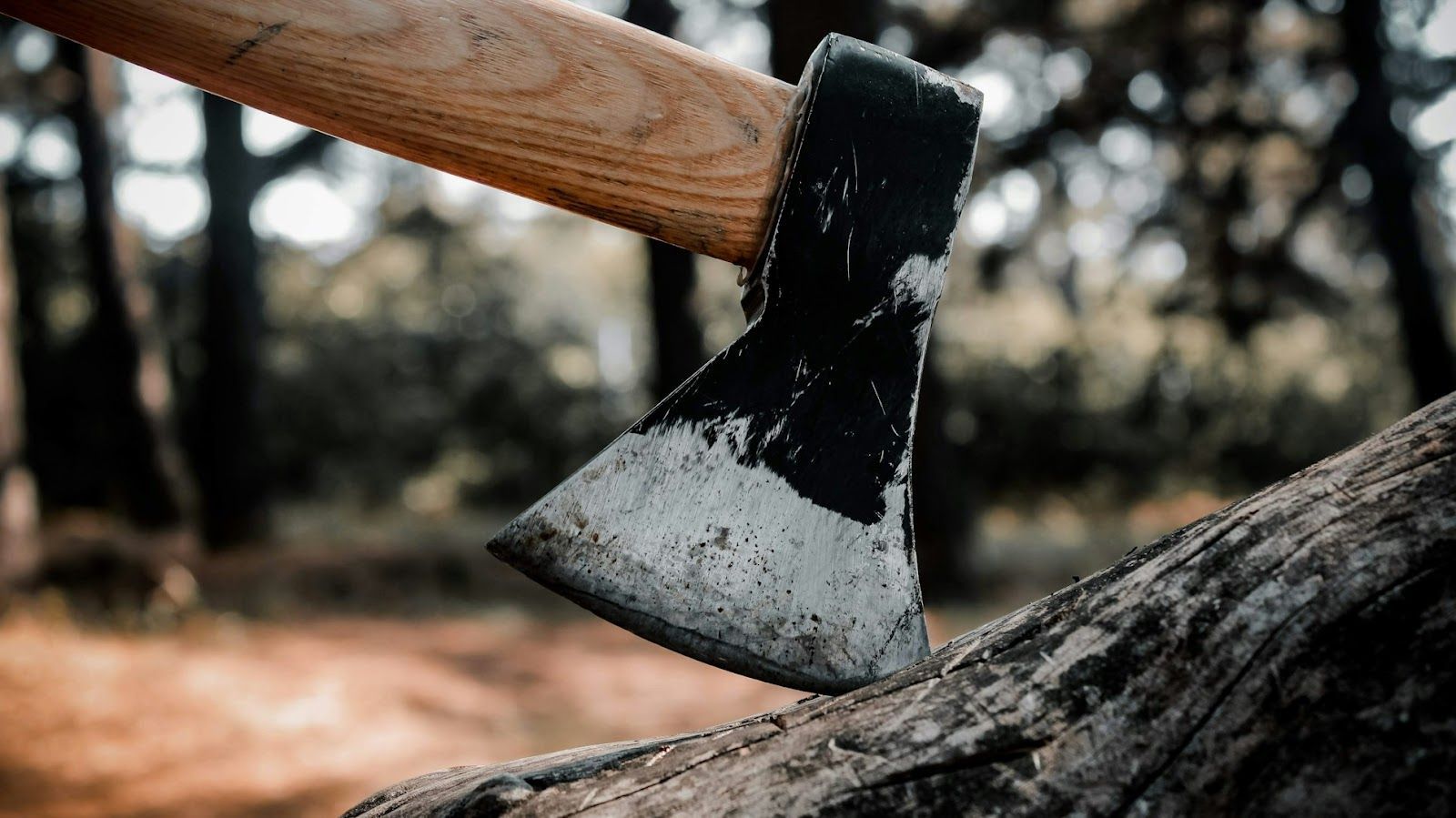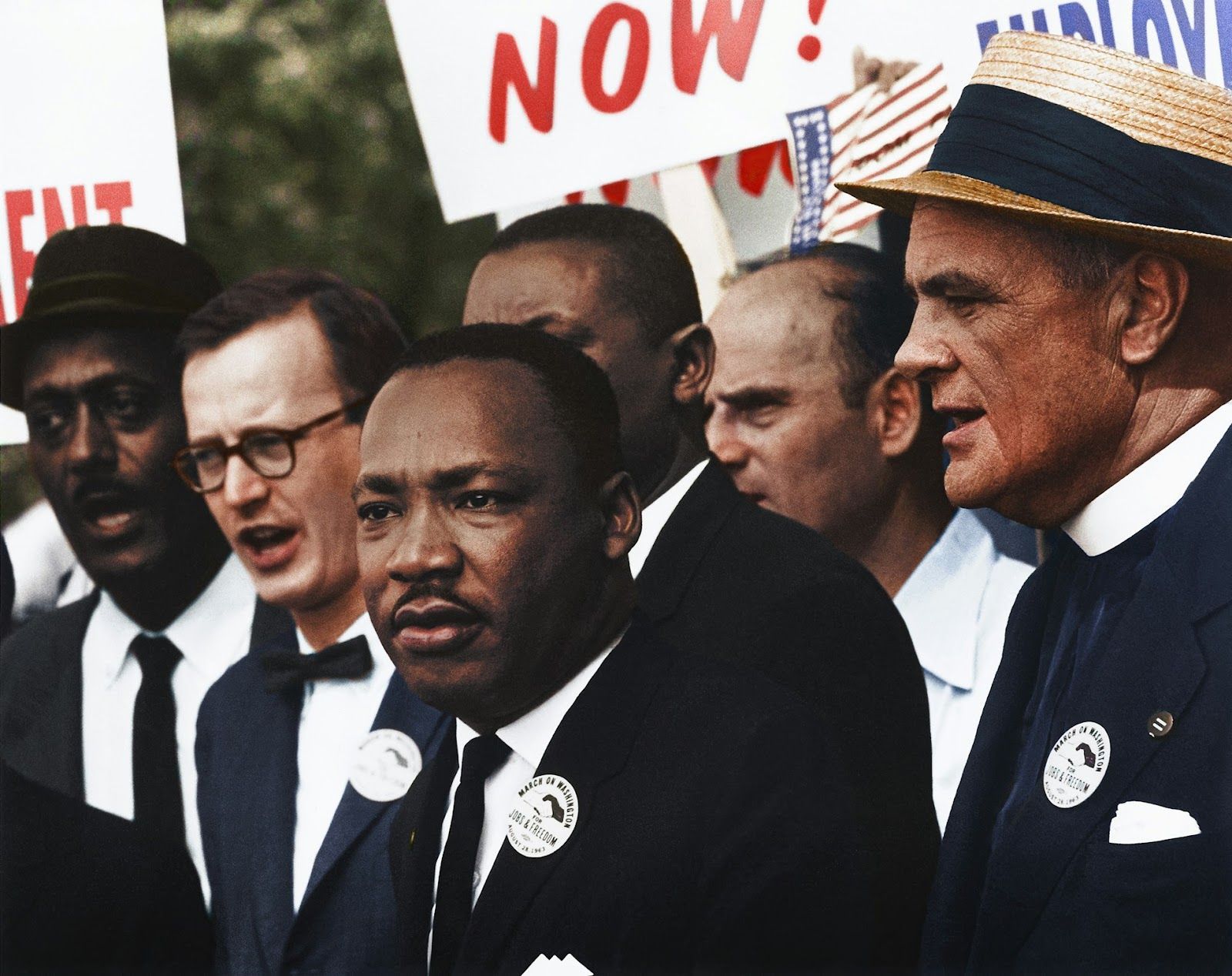Go beyond Levi’s
Why are UGG boots named like that? 12 clothing brand names explained
Published on September 27, 2025
 Credit: Perry Merrity II
Credit: Perry Merrity II
Clothing brands are often founded by creative individuals who strive to express themselves through their designs. As such, they also need names that communicate that same sense of inspiration—this time, through words. From cryptic acronyms like ASOS to personal nicknames like Lacoste, the following 12 clothing brand names have interesting meanings and stories behind them. Did you know any of these?
ASOS
 Credit: freestocks
Credit: freestocks
Acronyms are a common choice for brand names, and ASOS is no exception to this rule. The name stands for "As Seen On Screen," a reference to the brand’s original concept: allowing people to shop for clothes similar to what celebrities wore on TV and in films.
Over time, users began referring to the company simply as "ASOS," and the abbreviation caught on, prompting the company to adopt it officially.
Rag & Bone
 Credit: Laura Peruchi
Credit: Laura Peruchi
The clothing brand Rag & Bone takes its name from the 19th-century expression "rag-and-bone man," which referred to men who scavenged for discarded items like rags, bones, and other scraps that could be reused or sold.
The founders chose the name to reflect the brand’s aesthetic—a blend of classic tailoring and utilitarian workwear.
J. Crew
 Credit: Declan Sun
Credit: Declan Sun
Some brand names aren’t rooted in meaning but are chosen simply for their aesthetic appeal. Such is the case with J. Crew. The company’s f**ounder liked the word "crew"**—it evoked a sporty, collegiate image—and added the initial "J" to give the name a classic, preppy feel.
The result was a brand name that sounded established and aspirational. The rest is history.
Supreme
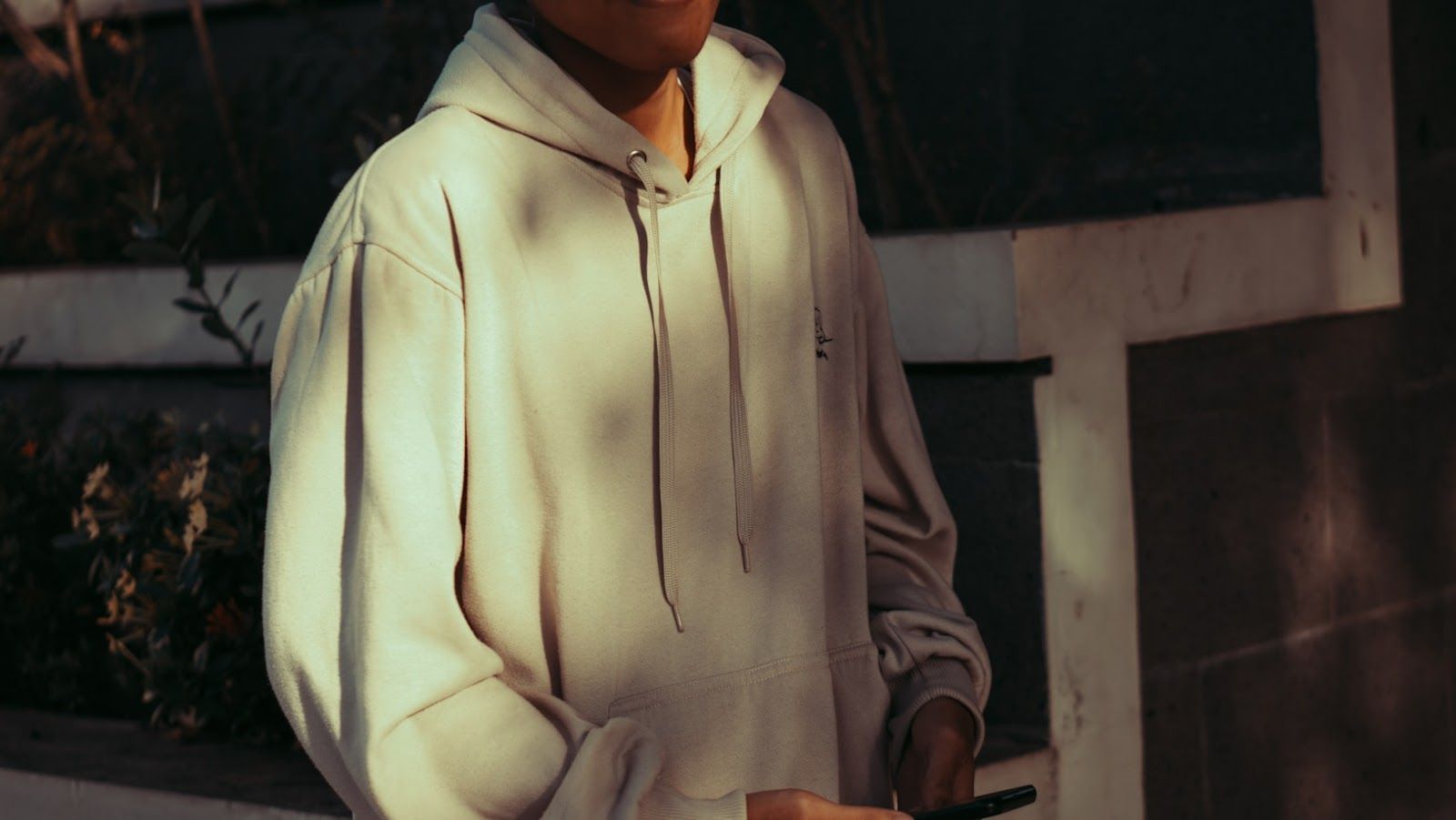 Credit: Redicul Pict
Credit: Redicul Pict
Originally created as the name of a store rather than a clothing brand, Supreme was never registered as a trademark in its early days. Nevertheless, it evolved into a massively successful brand in its own right.
As the owner stated in interviews, the brand developed organically, without a formal business plan or grand ambitions—but it eventually grew into the global streetwear icon it is today.
UGG
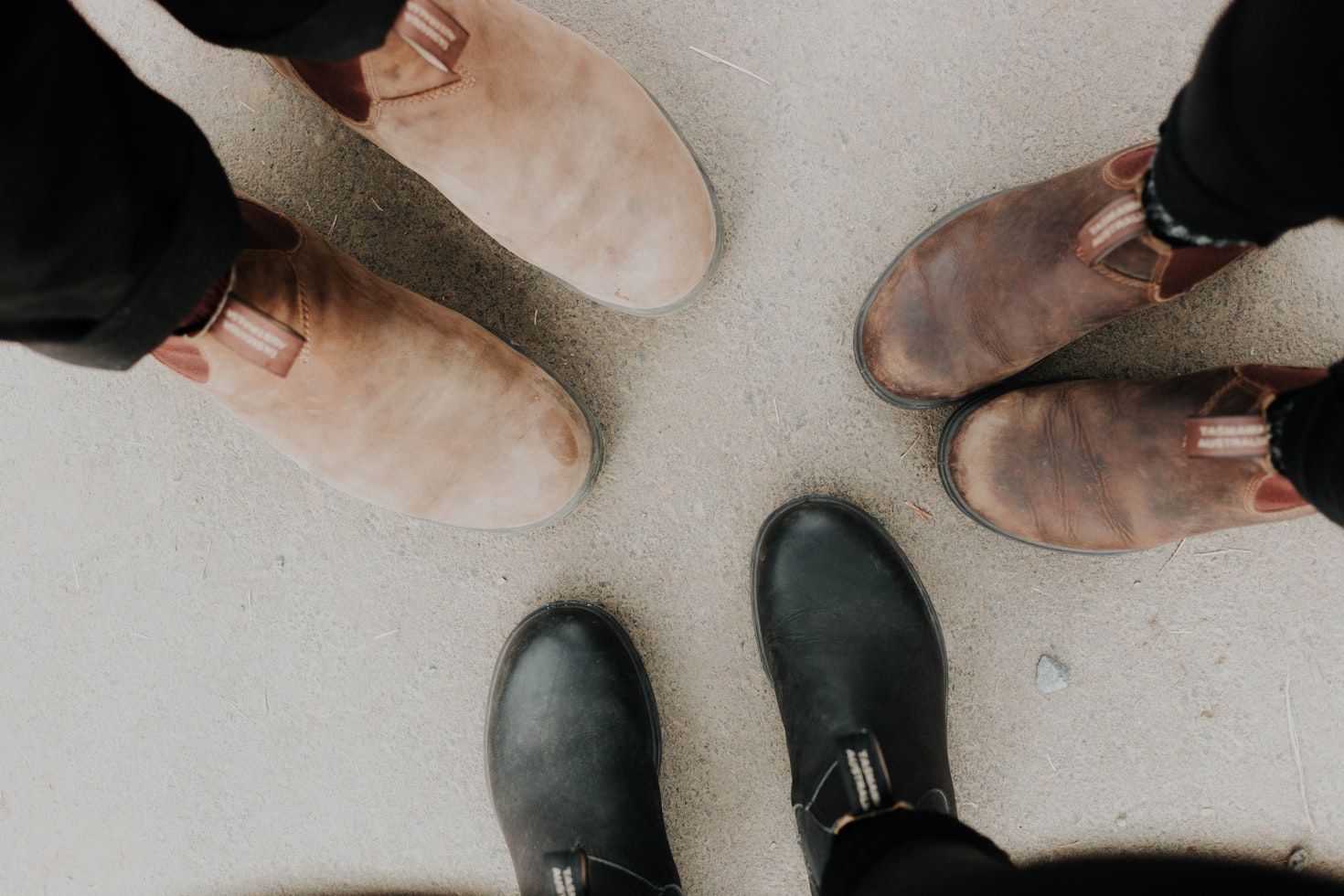 Credit: Priscilla Du Preez 🇨🇦
Credit: Priscilla Du Preez 🇨🇦
In the 1960s, Australian surfers began wearing sheepskin boots similar to those worn by farmers, casually referred to as "ugly boots." Inspired by this idea, Brian Smith designed his own version of a leather boot to keep his feet warm after surfing and changed the word ugly to UGG.
Lacoste
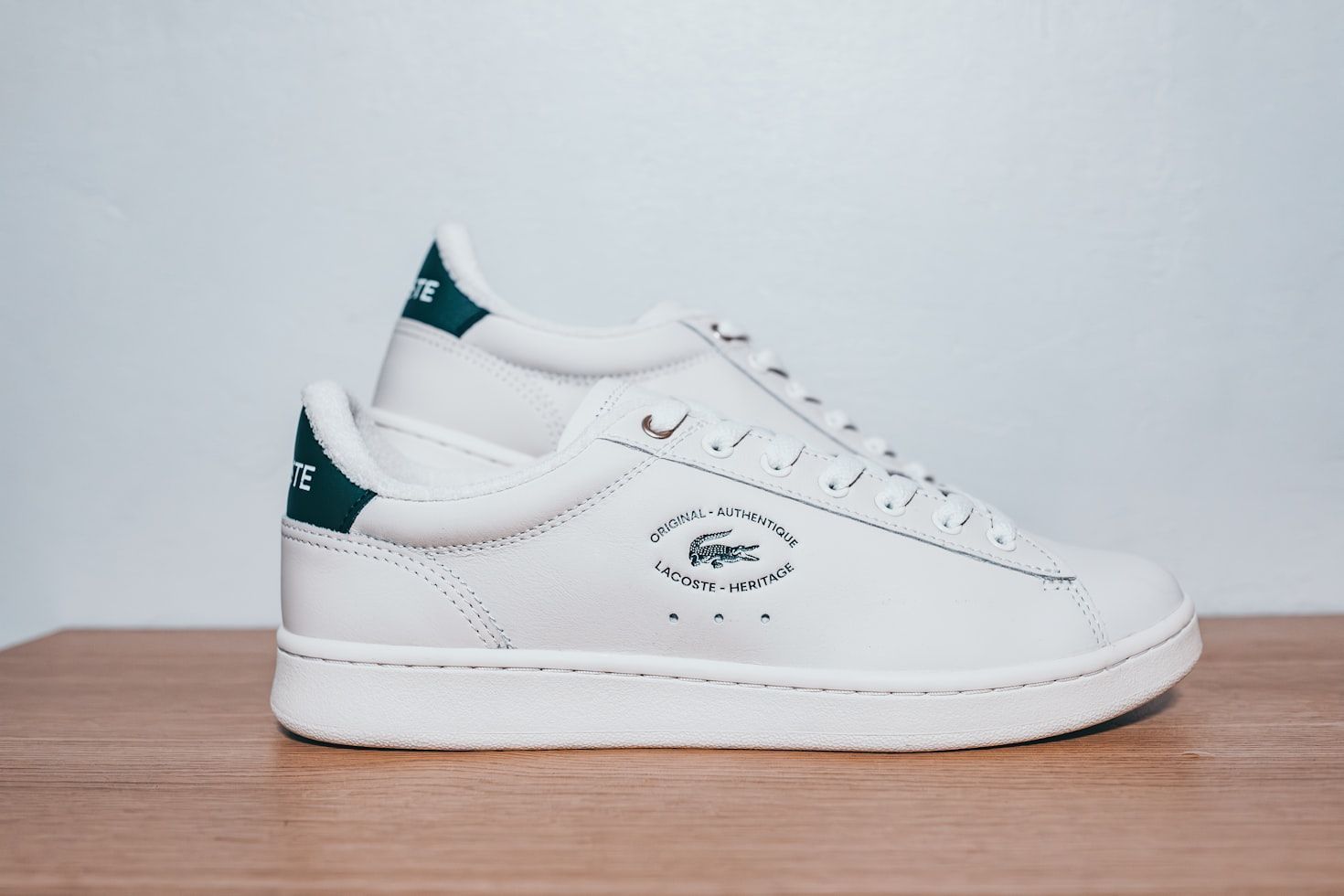 Credit: SJ 📸
Credit: SJ 📸
The Lacoste brand was founded in 1933 by French tennis player René Lacoste, who was nicknamed "The Crocodile" for his tenacity on the court. Inspired by this moniker, he and his business partner began selling tennis shirts featuring a distinctive crocodile logo—one of the first instances of visible branding in fashion.
Moncler
 Credit: Ashim D’Silva
Credit: Ashim D’Silva
Abbreviations are a popular naming choice for clothing brands, and Moncler is no exception. The outerwear company’s name comes from the abbreviation of Monestier-de-Clermont, an Alpine town near Grenoble, France, where the brand was founded.
7 For All Mankind
 Credit: Jason Leung
Credit: Jason Leung
Clothing brands often turn to market research or cultural trends for inspiration, and 7 For All Mankind is no exception. The brand’s name was reportedly inspired by a study suggesting that the average American owns seven pairs of jeans, implying their denim was made for all of them.
Reigning Champ
 Credit: S O C I A L . C U T
Credit: S O C I A L . C U T
Sometimes, a strong nickname can evolve into a strong brand name—and that’s exactly what happened with Reigning Champ. Originally known in the industry for high-quality fleece production, the company was informally referred to as the "reigning champ" of fleece.
When the team decided to launch their own clothing line, the nickname stuck and became their official brand name.
Acne
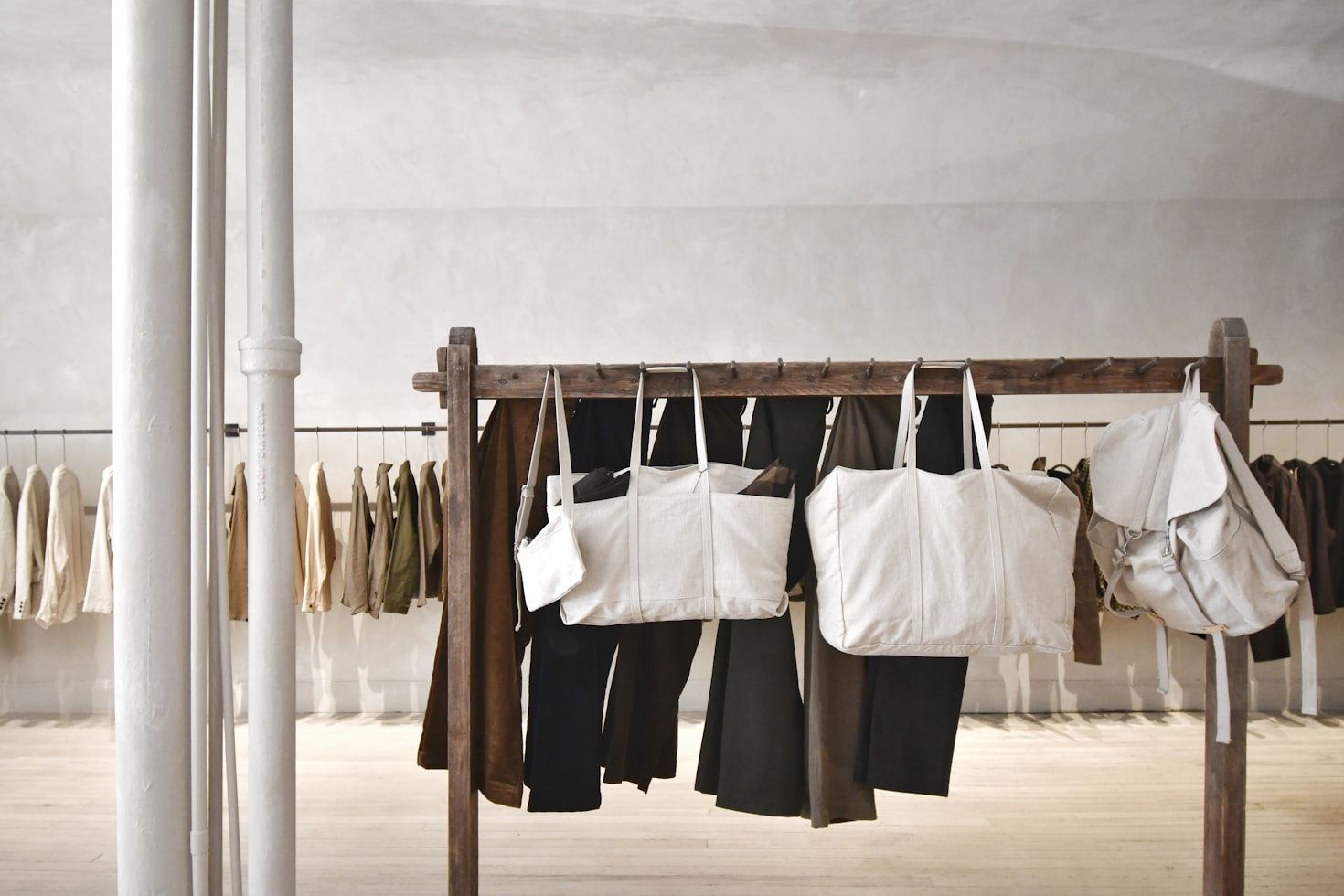 Credit: Max Harlynking
Credit: Max Harlynking
The second acronym on our list, Acne, stands for "Ambition to Create Novel Expressions," a concept much more appealing than the skin condition it shares its name with. Originally founded as a multidisciplinary creative collective working in film, production, advertising, and graphic design, the company later launched its fashion division, Acne Studios, which has become internationally renowned.
Band of Outsiders
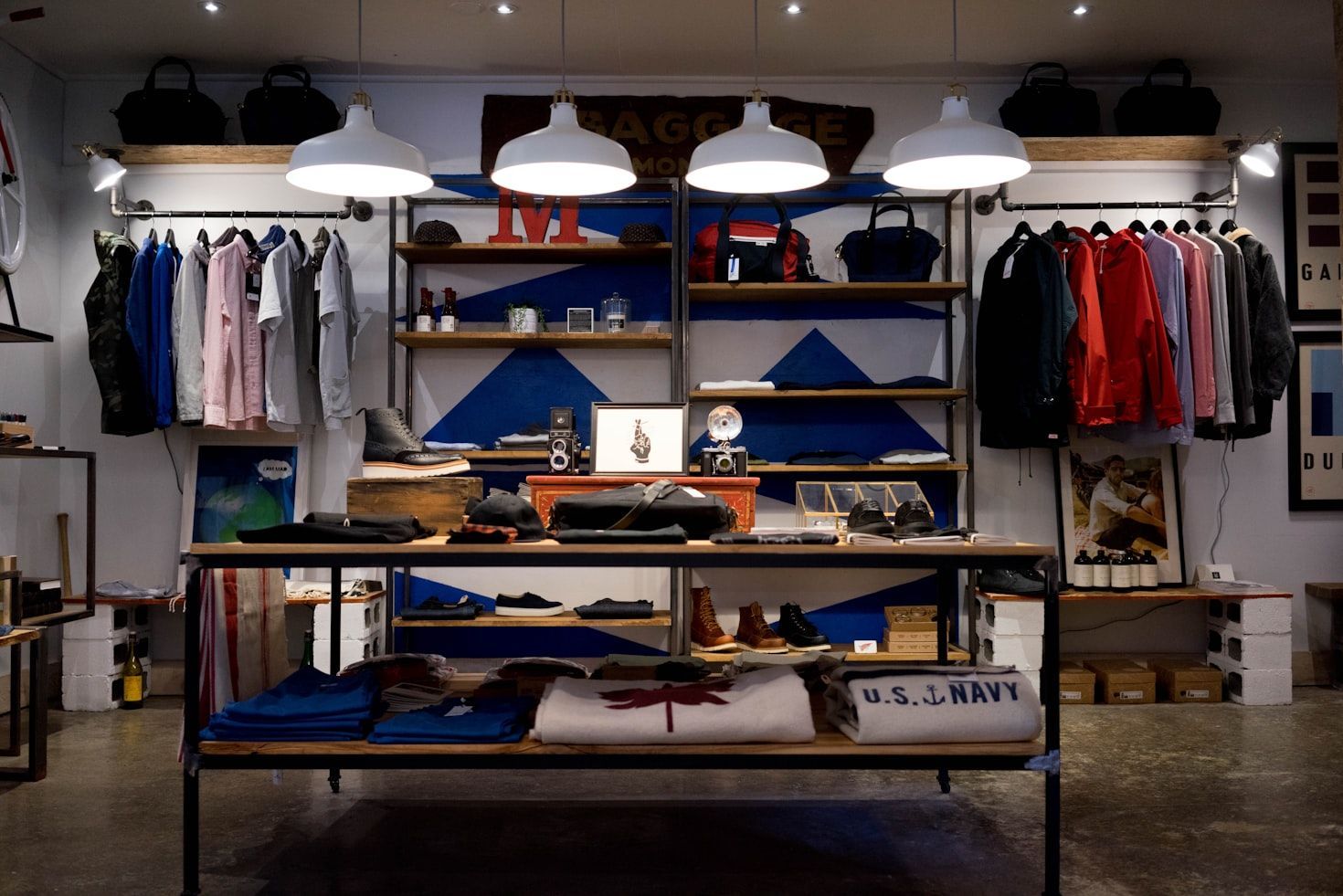 Credit: Clark Street Mercantile
Credit: Clark Street Mercantile
The clothing brand Band of Outsiders, founded by designer Scott Sternberg, took its name from the English translation of Jean-Luc Godard’s film Bande à Part. According to Sternberg, choosing the brand’s name was a challenging process, but eventually, the perfect name was found.
Stone Island
 Credit: Hugo Clément
Credit: Hugo Clément
With nautical overtones, Stone Island is the creation of Italian designer Massimo Osti, who sought to capture his adventurous spirit in the brand’s name. After considering many word combinations, he settled on a name that has since become synonymous worldwide with cutting-edge design and innovative garment technology.
